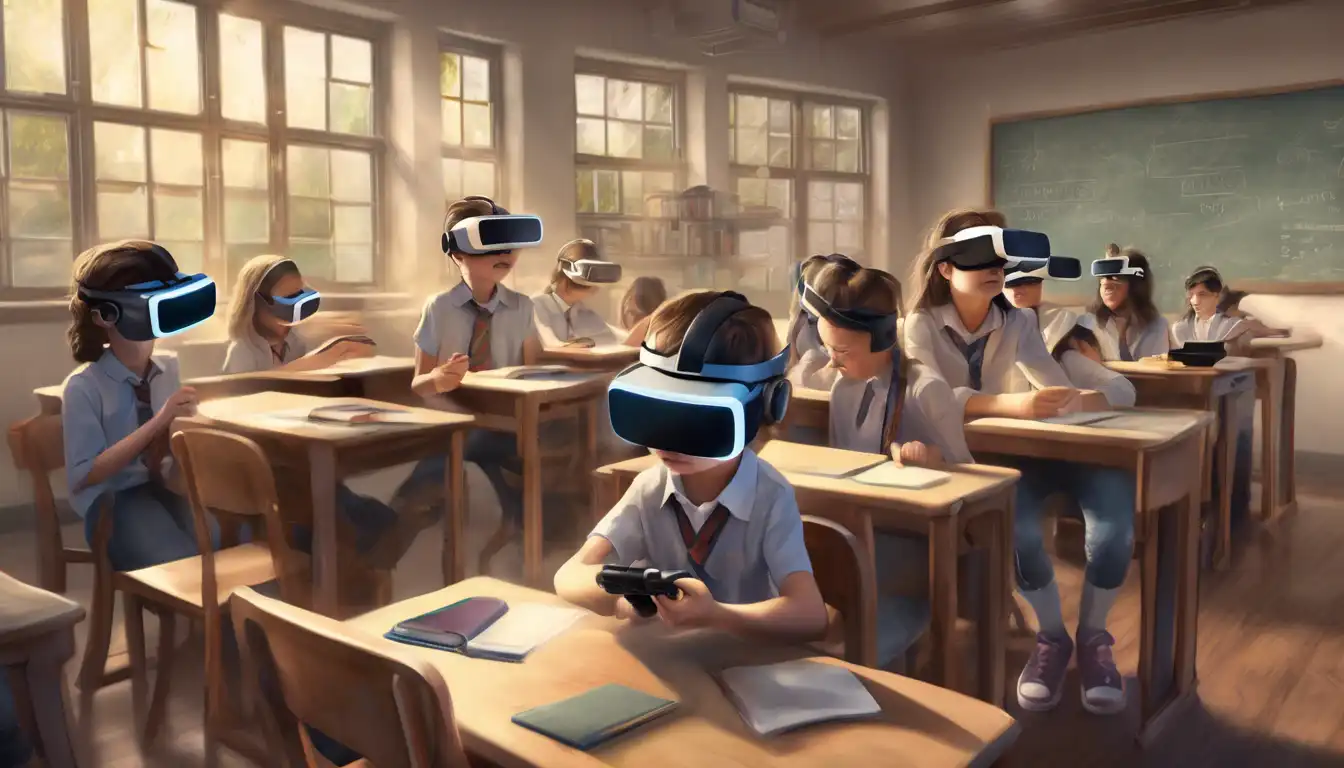The Transformative Impact of Virtual Reality on Learning Environments
Virtual Reality (VR) technology is revolutionizing the educational landscape, offering immersive learning experiences that were once unimaginable. By simulating real-world environments, VR provides students with the opportunity to explore complex concepts in a hands-on manner, making learning both engaging and effective.
Why VR in Education?
The integration of VR into education opens up new avenues for interactive learning. It caters to various learning styles, ensuring that students not only consume information but experience it. This technology has the potential to enhance comprehension, retention, and motivation among learners of all ages.
Benefits of VR in the Classroom
- Enhanced Engagement: VR captivates students' attention by placing them inside the lesson, making learning an active rather than passive process.
- Improved Retention: Experiential learning through VR helps in better retention of information by engaging multiple senses.
- Accessibility: VR can bring distant or inaccessible environments into the classroom, from the depths of the ocean to outer space.
- Safe Learning Environment: It allows students to practice skills and experiments in a risk-free setting, ideal for medical and engineering education.
Challenges and Considerations
Despite its potential, the adoption of VR in education faces hurdles such as high costs, the need for technical support, and the development of quality educational content. However, as technology advances and becomes more affordable, these challenges are gradually being overcome.
The Future of VR in Education
The future of VR in education is bright, with ongoing advancements making it more accessible and effective. As educators and developers continue to explore its possibilities, VR is set to become an integral part of the educational toolkit, transforming how knowledge is imparted and acquired.
For more insights into innovative learning technologies, explore our EdTech Trends section. Discover how digital tools are shaping the future of education and preparing students for a rapidly evolving world.
Virtual Reality in education is not just a fleeting trend but a significant shift towards more dynamic and interactive learning experiences. By embracing VR, educators can unlock new potentials in teaching and learning, making education more engaging, inclusive, and effective for students worldwide.
